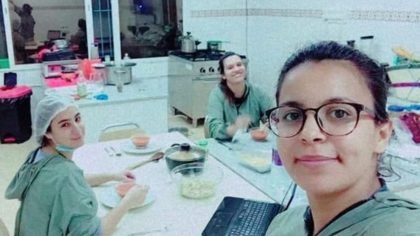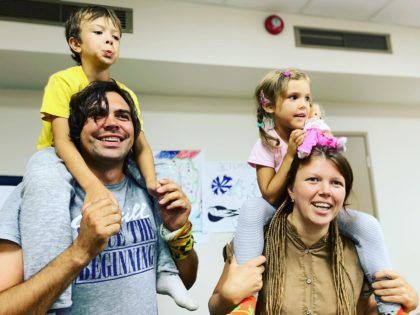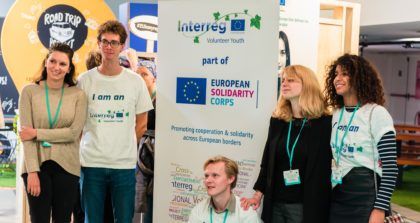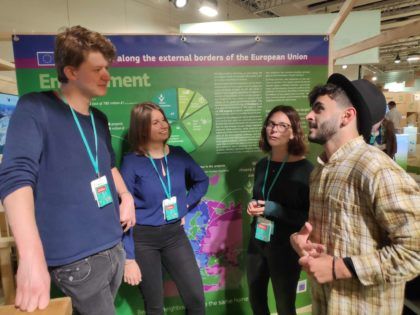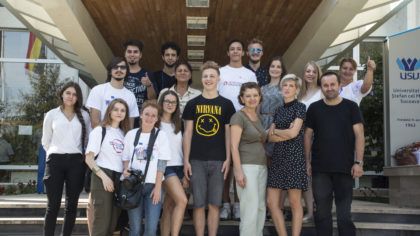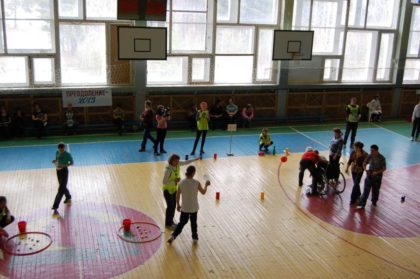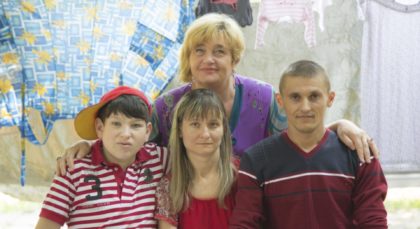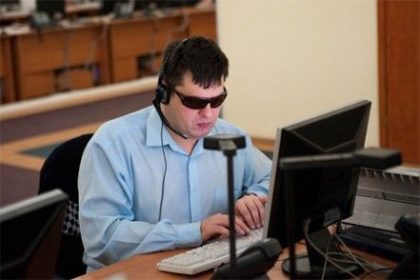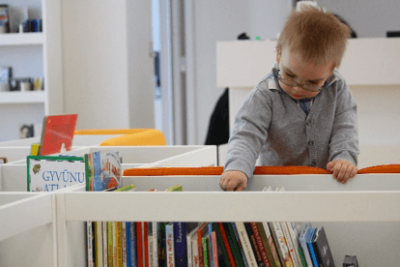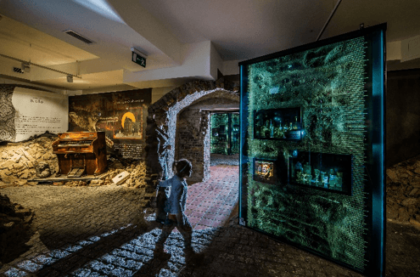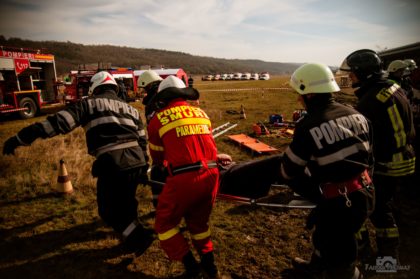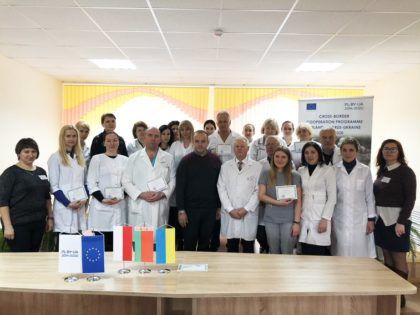
Struggling together against the pandemic
Viruses know no borders, and so does the health struggle: thanks to an EU supported project, emergency medical services are already functioning in the cross-border areas linking Poland, Belarus and Ukraine. Ambulances and respirators are available in the hospitals to help doctors fight against the COVID-19 pandemic: the equipment delivered through the RESCUE project is serving its purpose to help border communities to face emergencies across the European frontier.

"A 3D reconstruction of an old castle is a bridge to connect young people with their heritage"
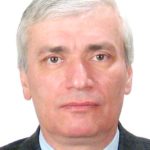
"Our platform has supported thousands of cultural actors across five countries"
